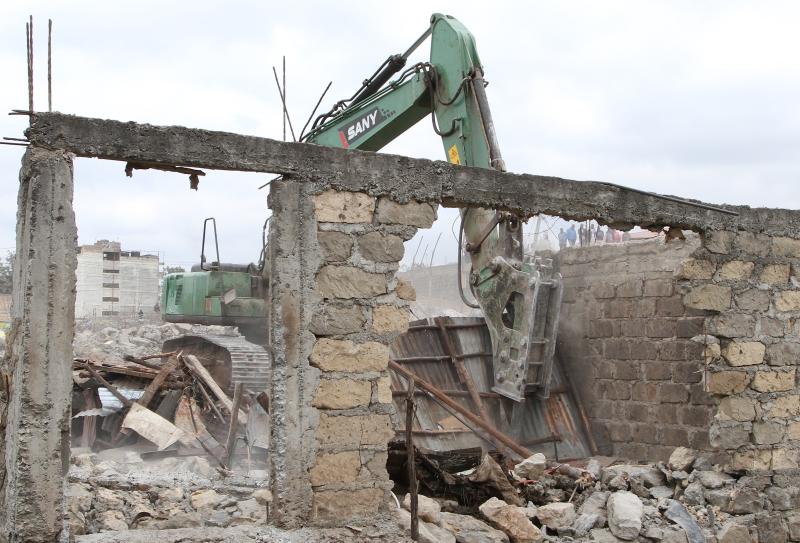×
The Standard e-Paper
Join Thousands Daily

The ongoing demolition of structures built on riparian land is a confirmation of the rot in Nairobi and the impunity that has reigned in the city for several years.
It is also an indictment of regulatory bodies charged with ensuring compliance to urban development regulations and laws.